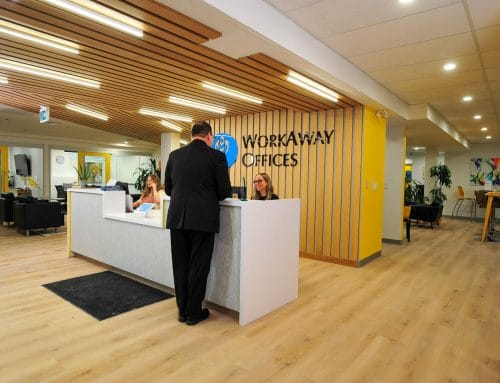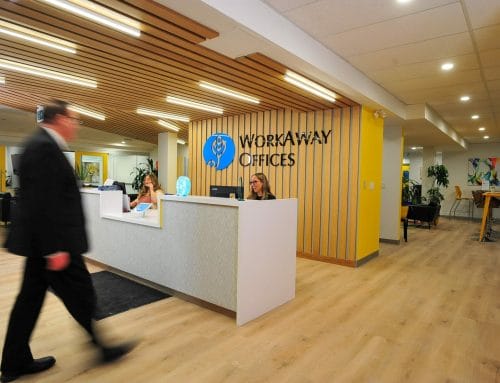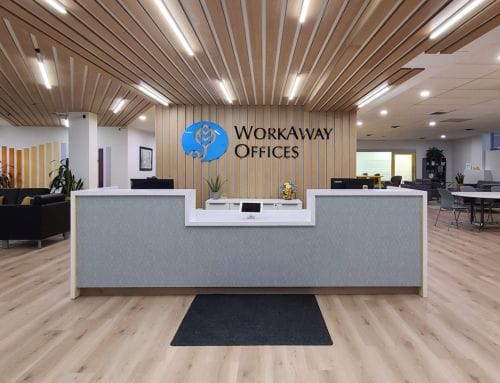It’s no secret that technology has changed the way we work. Gone are the days of having to physically show up at an office to get things done. More and more people are working remotely, which is both good and bad for companies. For one thing, it makes hiring easier because you can find talented people anywhere in the world; but on the other hand, it also means employees don’t always feel connected or engaged with their work since they aren’t around coworkers as much anymore.
Fortunately there are ways employers can use technology to help support remote workers and keep them engaged with their jobs: these include social intranet tools like Slack or WhatsApp that offer easy-to-use platforms for communicating and collaborating online, and that can help employees feel like they’re part of a team.
The benefits of having a strong online culture
Using social intranet tools can help make the business more transparent. An online platform for employees to communicate with each other about projects, share files or ideas, and ask questions means that they’re always up-to-date on what’s going on in the company; there are no longer any silos of information. Plus, employees can use the platform to get answers fast, rather than having to wait for formal training or meetings.
Employees are more likely to stay with a company longer if they’re engaged in their work. Research shows that there are four core reasons why employees stop enjoying their jobs: lack of purpose, feeling undervalued , lack of career opportunities , and a lack of close relationships with coworkers . Social intranet tools provide opportunities for employees to feel connected, valued, and challenged in their jobs.
Employees themselves are often the best ambassadors for a company’s culture. If they can easily share information about what it’s like working there with friends on social media, they can help attract more talent to the company. A social intranet platform makes it easier for employees to share company culture and recruit new talent.
Creating an online culture
Social intranet tools can be a great way to generate greater company teamwork and improve employee engagement. These tools typically offer easy-to-use platforms for communicating and collaborating online, which can help employees feel like they’re part of a team.
One such tool is Slack. It provides chat space with different channels organized by department, topic, or project. If other tools are available, such as a task management tool like Trello, it can be easier than using email to stay in contact with colleagues and get work done together.
Making employees feel more connected not only benefits the individual employee but the company overall.
The takeaway
Employers who want to keep their remote employees engaged and connected should consider using social intranet tools like Slack or WhatsApp. These tools make it easy for employees to communicate and collaborate online, which can help them feel more connected to their team and work. Additionally, making employees feel more connected not only benefits the individual employee but the company overall.
It’s no secret that technology has changed the way we work. Gone are the days of having to physically show up at an office to get things done. More and more people are working remotely, which is both good and bad for companies. For one thing, it makes hiring easier because you can find talented people anywhere in the world; but on the other hand, it also means employees don’t always feel connected or engaged with their work since they aren’t around coworkers as much anymore.
Fortunately there are ways employers can use technology to help support remote workers and keep them engaged with their jobs: these include social intranet tools like Slack or WhatsApp that offer easy-to-use platforms for communicating and collaborating online, and that can help employees feel like they’re part of a team.
The benefits of having a strong online culture
Using social intranet tools can help make the business more transparent. An online platform for employees to communicate with each other about projects, share files or ideas, and ask questions means that they’re always up-to-date on what’s going on in the company; there are no longer any silos of information. Plus, employees can use the platform to get answers fast, rather than having to wait for formal training or meetings.
Employees are more likely to stay with a company longer if they’re engaged in their work. Research shows that there are four core reasons why employees stop enjoying their jobs: lack of purpose, feeling undervalued , lack of career opportunities , and a lack of close relationships with coworkers . Social intranet tools provide opportunities for employees to feel connected, valued, and challenged in their jobs.
Employees themselves are often the best ambassadors for a company’s culture. If they can easily share information about what it’s like working there with friends on social media, they can help attract more talent to the company. A social intranet platform makes it easier for employees to share company culture and recruit new talent.
Creating an online culture
Social intranet tools can be a great way to generate greater company teamwork and improve employee engagement. These tools typically offer easy-to-use platforms for communicating and collaborating online, which can help employees feel like they’re part of a team.
One such tool is Slack. It provides chat space with different channels organized by department, topic, or project. If other tools are available, such as a task management tool like Trello, it can be easier than using email to stay in contact with colleagues and get work done together.
Making employees feel more connected not only benefits the individual employee but the company overall.
The takeaway
Employers who want to keep their remote employees engaged and connected should consider using social intranet tools like Slack or WhatsApp. These tools make it easy for employees to communicate and collaborate online, which can help them feel more connected to their team and work. Additionally, making employees feel more connected not only benefits the individual employee but the company overall.



